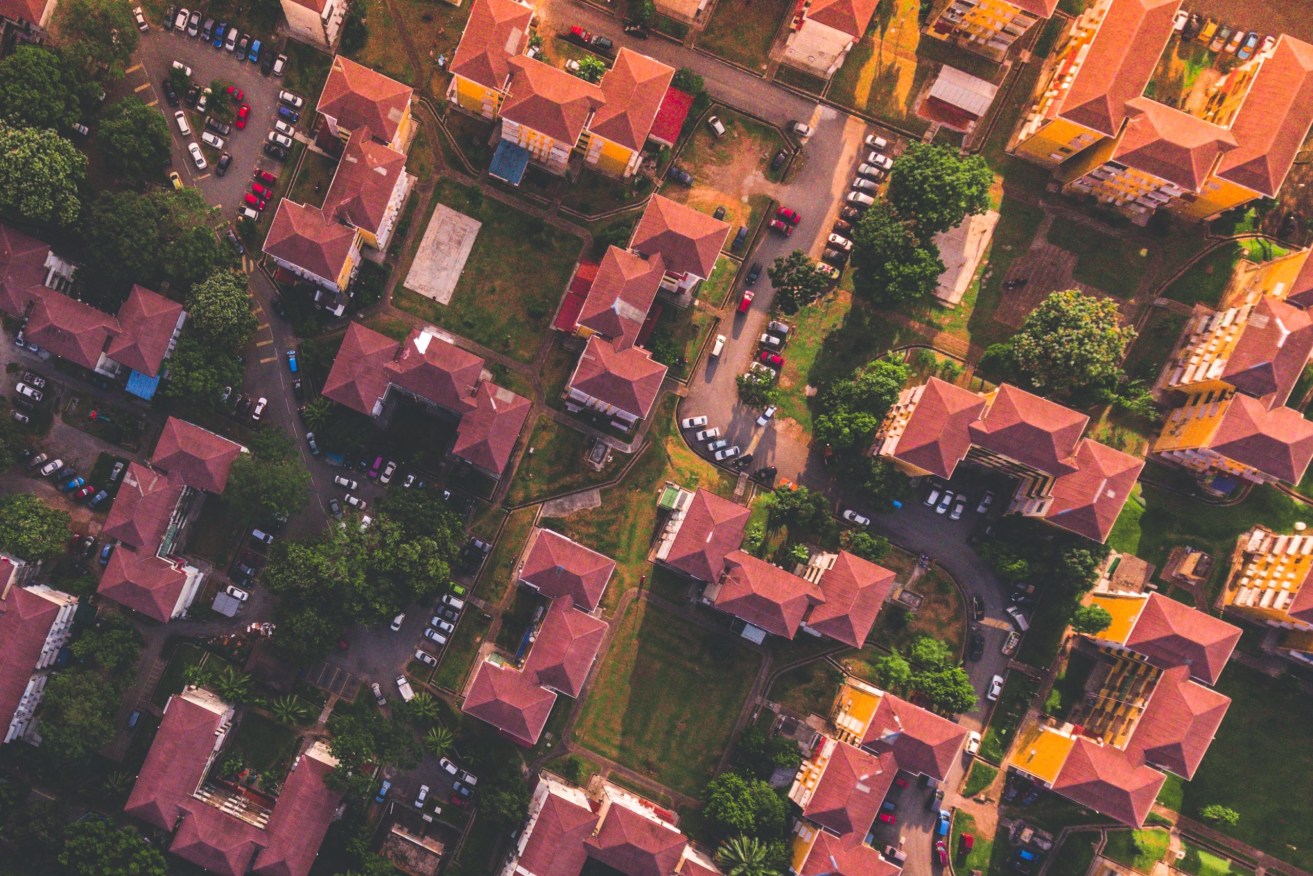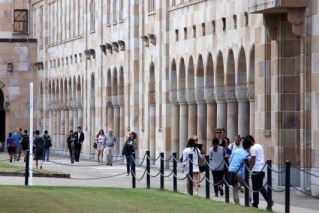How Aussies lost $53,000 on the value of their home – but worst might be over
Brisbane house prices fell another 2 per cent in November but research firm CoreLogic said the acceleration of the decline appeared to have slowed.


Falls in Brisbane's housing market may have been arrested
The company’s national home index fell for the seventh month in a row and has so far wiped $53,400 off the Australia-wide average home sale price since the peak in April.
On a 12-month basis, Brisbane house prices are still up 3.3 per cent, while regional Queensland is 5 per cent up. That’s far better than the result in NSW which was now 10 per cent below its peak.
Brisbane’s fall is now 5.6 per cent for the quarter and the median house value is $715,000.
Rental growth also appeared to have eased and it was likely that demand was heading towards the more affordable end of the housing market.
CoreLogic said this could be a sign that of a reversal of the pandemic trend towards smaller rental households.
There were still pockets of south east Queensland where prices were well above a year ago. Among the best performers were Beaudesert (19 per cent0, Ipswich hinterland (17 per cent) and Jimboomba (16 per cent).
CoreLogic’s Tim Lawless said although values were continuing to fall, the rate of decline had been consistently moderating since August and that had followed the boom when prices jumped 28 per cent nationally, which added $170,000 to the value of the average dwelling.
On that basis, Australians owning an average home were still $116,600 ahead. Brisbane house prices accelerated 42 per cent (trough to peak) during the Covid boom and most would still be well ahead.
“Potentially, we are seeing the initial uncertainty around buying in a higher interest rate environment wearing off, while persistently low advertised stock levels have likely contributed to this trend towards smaller value falls,” Lawless said.
“However, it’s fair to say housing risk remains skewed to the downside while interest rates are still rising and housing balance sheets have become thinly stretched.
“There is still a possibility that the pace of declines could re-accelerate, especially if the current rate hiking cycle persists longer than expected.
“Next year will be a particular test of serviceability and housing market stability as the record-low fixed rate terms secured in 2021 start to expire.”
Interest rates remain the biggest factor in shaping buyer sentiment and the consumer price index released this week indicated that inflation may be starting to peak which could mean the Reserve Bank would hold off on a December rate rise.
However, some economists believe the RBA would hike by 0.25 per cent when it meets next week,












